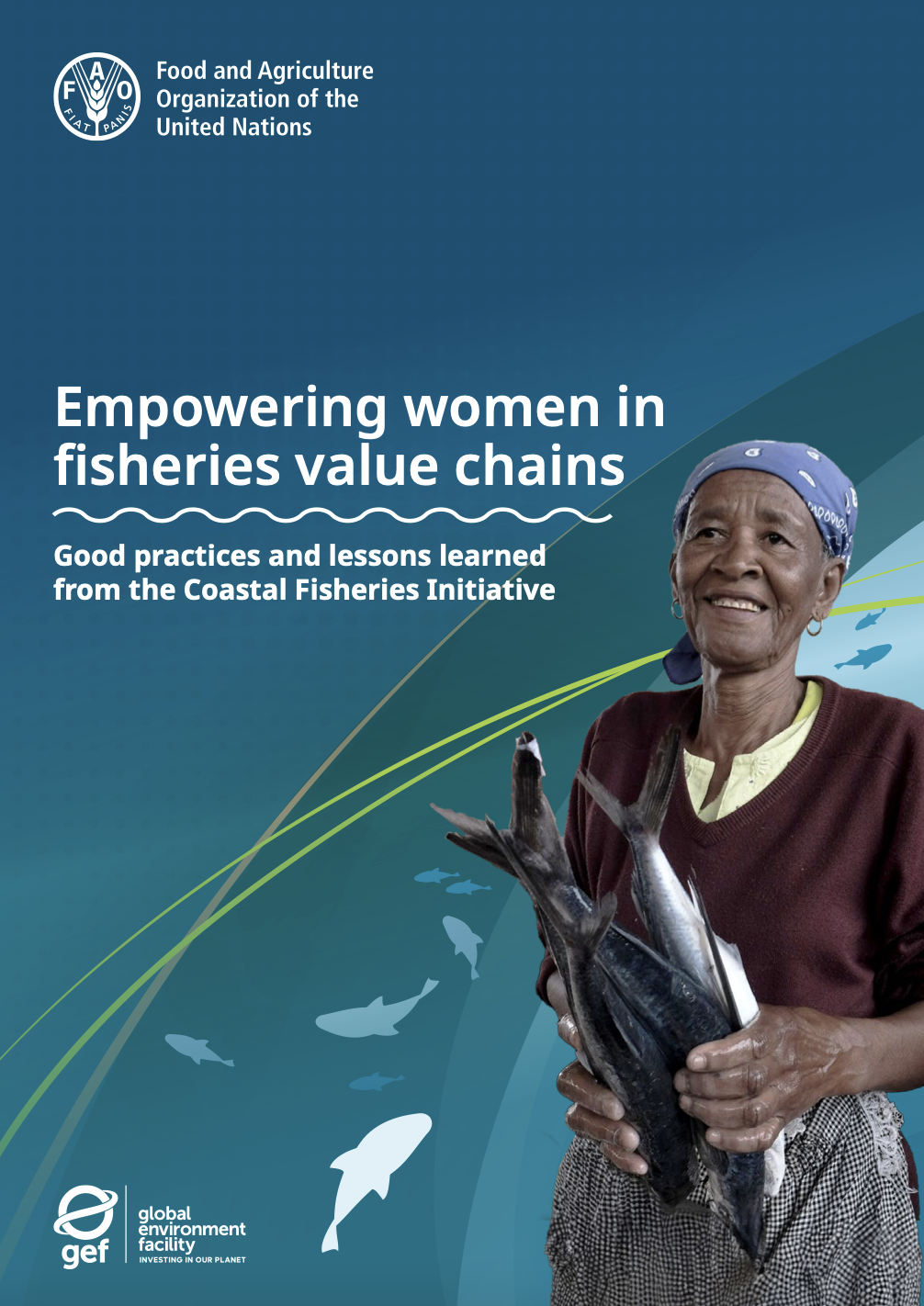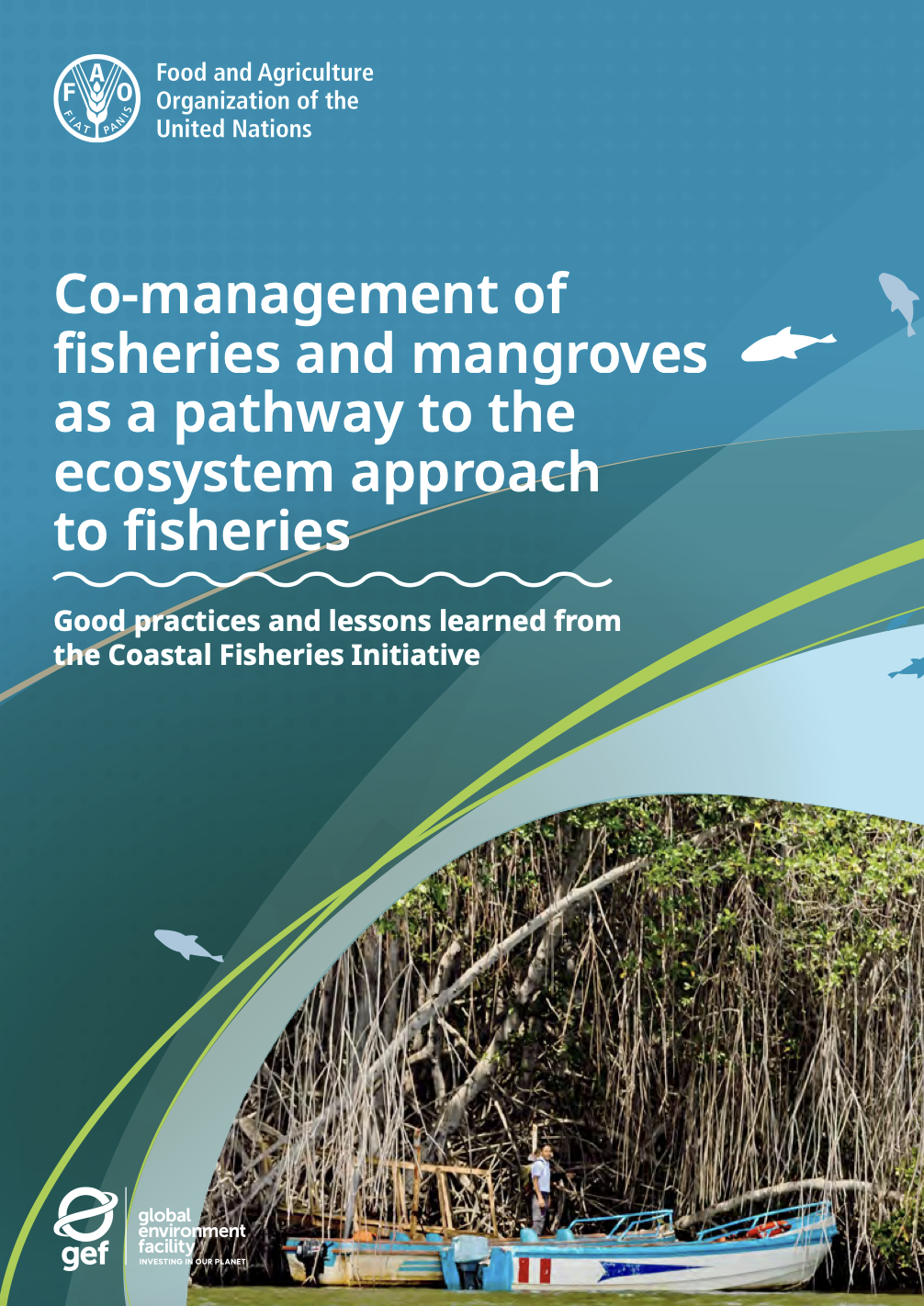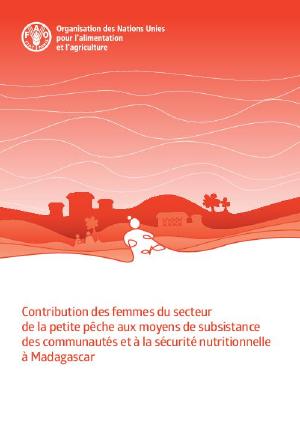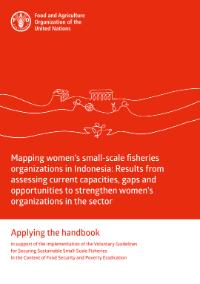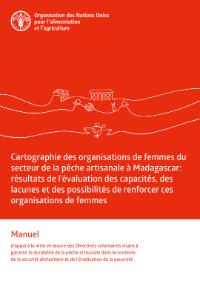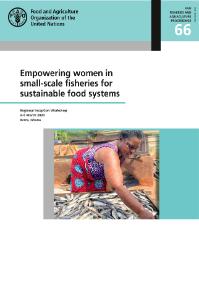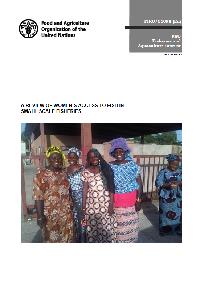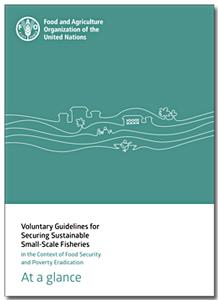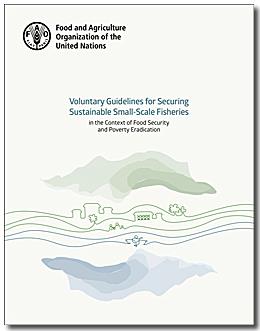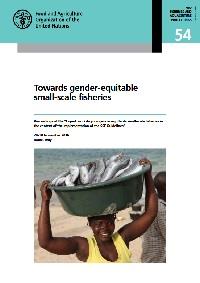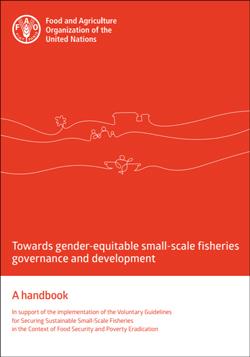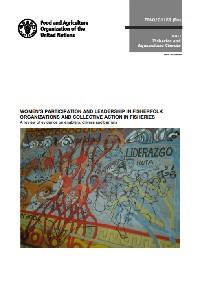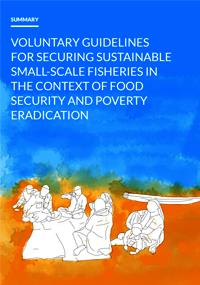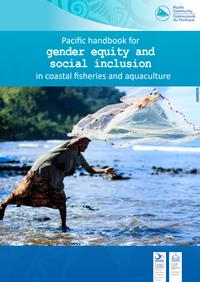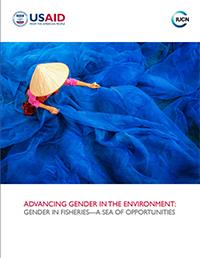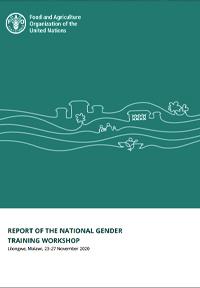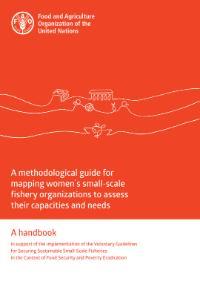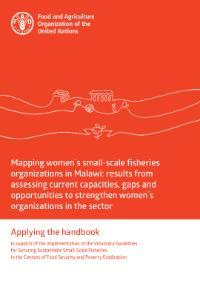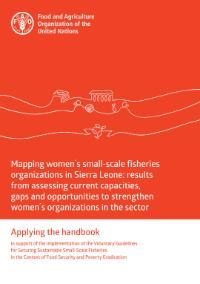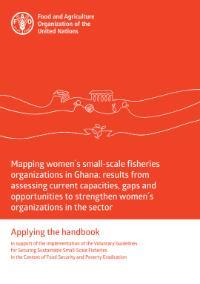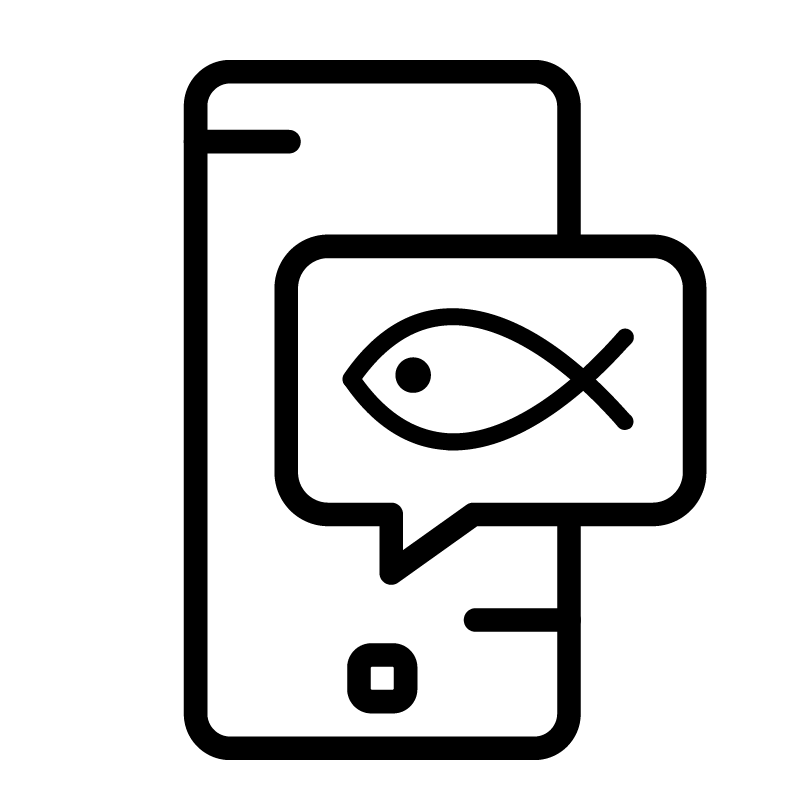Women in small-scale fisheries
Women in the small-scale fisheries sector have diverse capacities, capabilities and levels of power. Women are often engaged in processing and selling fish. In some cases, women own boats and finance fishing operations that employ men and in other cases they conduct their own fishing. But in the majority of cases, women face inequalities in terms of accessing resources, services, employment opportunities, taking part in decision-making, and more.
Striving for gender equality in fisheries means both letting women take their place in all fora, and acknowledging the often invisible work and responsibilities they take on.
Equal participation in policy and practice
The SSF Guidelines call for equal participation of women and men in organizations and in decision-making processes. Policies and legislation must support equality, and both women and men must have access to appropriate technologies and services to carry out their work.The SSF Guidelines also encourage states to respect international human rights law and to challenge gender-discrimination in laws, policies, customs and practices – not only in fisheries, but in society as a whole.
One of the goals of the SSF Guidelines is to help transform all the institutional arrangements that make up a society, to eventually root out gender inequality.
Gender equity and equality are core objectives and guiding principles of the SSF Guidelines, and gender considerations are frequently addressed throughout.
Did you know?
Women make up an estimated 47 percent of those involved in small-scale capture fisheries, accounting for around 56 million jobs along the fisheries supply chain, mostly in activities like processing and trade of fish.
In many parts of the world, women’s struggles for change are an important part of the history of small-scale fisheries, whether for better infrastructure, democratic representation or meaningful participation in making decisions and formulating policies. Yet much of the fisheries-related work that women do is overlooked.
Women in fisheries need to be seen and acknowledged, gain equal rights and equal access to assets like credit and technology, and have equal say in decision-making and policy processes.
Chapter 8 in the SSF Guidelines is about gender equality and equity. Gender issues are also mainstreamed throughout the SSF Guidelines.
SSF Guidelines video on gender equality and equity
Explore the SSF Guidelines Flickr album on Gender equality and equity
Related publications
Related news
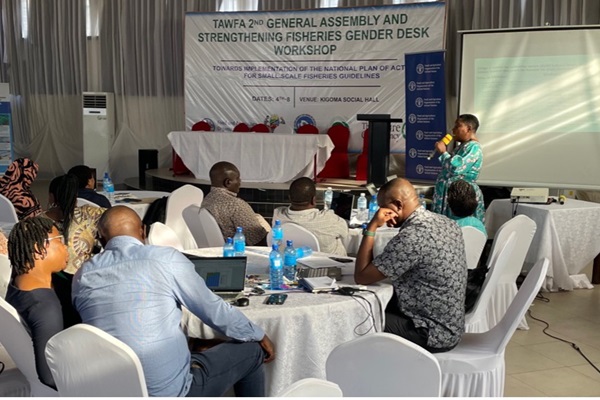
FAO supports implementation of the SSF Guidelines in Tanzania: meetings held to review the progress of the Tanzania Women Fish-workers Association and the National Task Team
13/11/2024
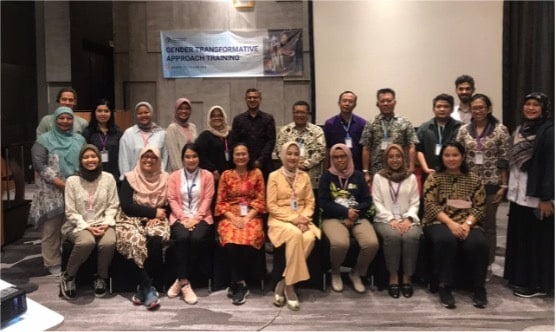
Gender transformative trainings in Asian small-scale fisheries: insights from the Philippines and Indonesia
23/06/2023
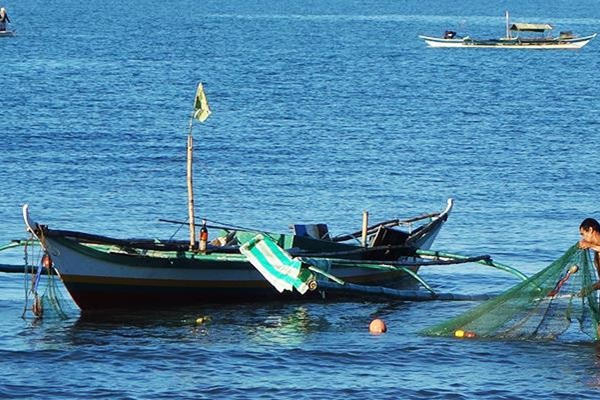
CAFI SSF Webinar Talk Series: Access to finance for empowering women in small-scale fisheries value chain"
25/11/2022
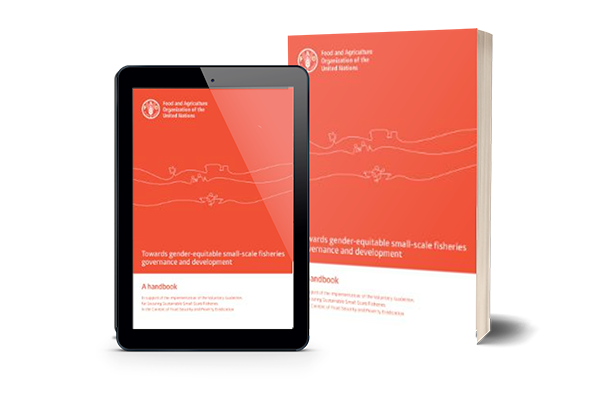
Towards gender-equitable small-scale fisheries governance and development
This manual aims at providing practical guidance on how to achieve gender-equitable small-scale fisheries in the context of the implementation of the SSF Guidelines. Women play a key role, in particular in post-harvest activities relating to processing, marketing and trade, but their role remains undervalued.
Get to know the SSF Guidelines
- Responsible governance of tenure
- Sustainable resource management
- Social development and decent work
- Value chains, post-harvest and trade
- Disaster risk and climate change
- A human rights-based approach
- Indigenous peoples and small-scale fisheries
- Food security and nutrition
Contact


